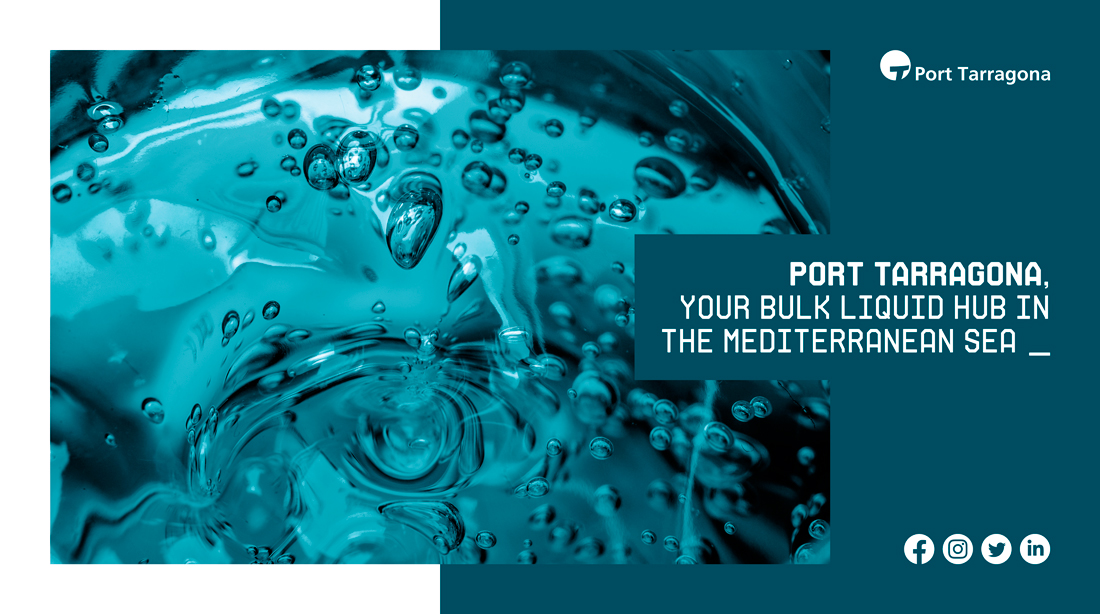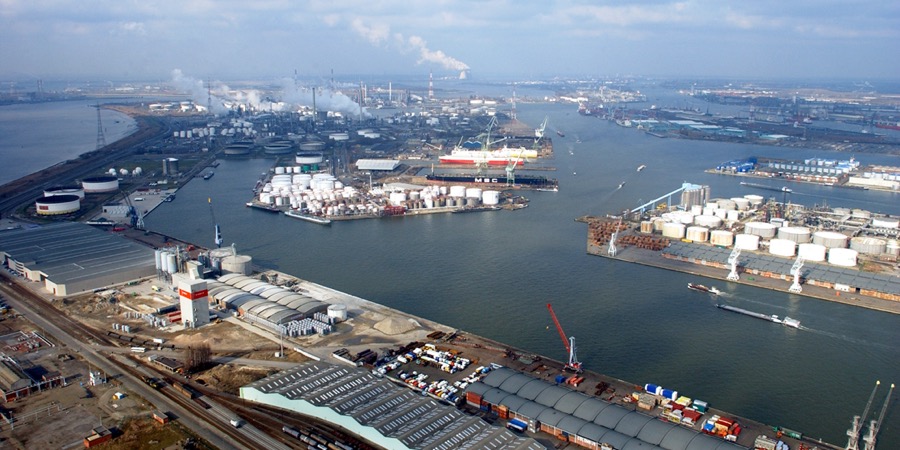In recent years, the focus of discussions among port leaders has shifted from competition to collaboration for a sustainable future for the industry in Europe. The CEOs of Port of Antwerp-Bruges, North Sea Port, Duisburger Hafen AG, and Port of Rotterdam now prioritise finding solutions to the challenges faced by the manufacturing industry in the triangle between the Flemish-Dutch ports and the German Ruhr area.
This region plays a significant role in European production, housing companies in the chemical and steel industries that rely on the supply of fossil raw materials and energy. These industries are major emitters and have a responsibility to quickly reduce their carbon emissions. They are also crucial for the production of various goods, including electronics, medicine, mattresses, wind turbines, insulation materials, and solar cells. However, the international head offices of these companies are concerned about the future of industry in Europe, which is a cause for alarm as the industry can significantly contribute to a more sustainable society.
As port authorities, their aim is to improve the investment climate for industry in Europe, encouraging companies to invest in sustainability. The ports and industrial clusters in the region are interconnected by a network of pipelines, enabling cooperation, shared resources, and expertise. These ports are actively adapting their infrastructure to support tomorrow’s raw materials and energy sources, such as hydrogen, to facilitate the collaboration of sustainable industries. This requires joint planning and investment, which could be enhanced for greater effectiveness.
The port authorities view themselves as the stewards of large industrial complexes and seek to work based on a shared vision. Given the scarcity of space in ports and the need for more sustainable and circular production processes, they aim to determine the necessary activities in Europe and identify available space and regulatory requirements. They envision a climate-neutral future for ports and industry by 2050 and believe that a common approach can only succeed if governments take an international perspective on the industry.
The port authorities call on European government leaders to support the industry, as energy-intensive companies in Europe face higher costs and more complex regulations compared to other parts of the world. The significant financial support package provided to the industry in the United States makes it more attractive for companies to invest in renewal there. Without reciprocal actions from European governments, sustainability investments in Europe may stagnate, leading to the relocation of industries outside of Europe. This would result in increased imports from non-European countries, negatively impacting the climate, strategic autonomy, and prosperity of Europe.
While some argue that it may be better to lose industry in favor of other investments, the port authorities emphasise the importance of industry for the ports, logistics, and energy sectors. These sectors contribute significantly to the economy, adding about 63 billion euros in value and employing over half a million people. To ensure a sustainable future, European government leaders need to merge climate and industrial policies in their strategic plans, as highlighted in “The Antwerp Declaration for a European Industrial Deal.” This approach will foster healthy competition while strengthening cooperation in the energy transition.
For more information visit www.portofantwerpbruges.com/en













